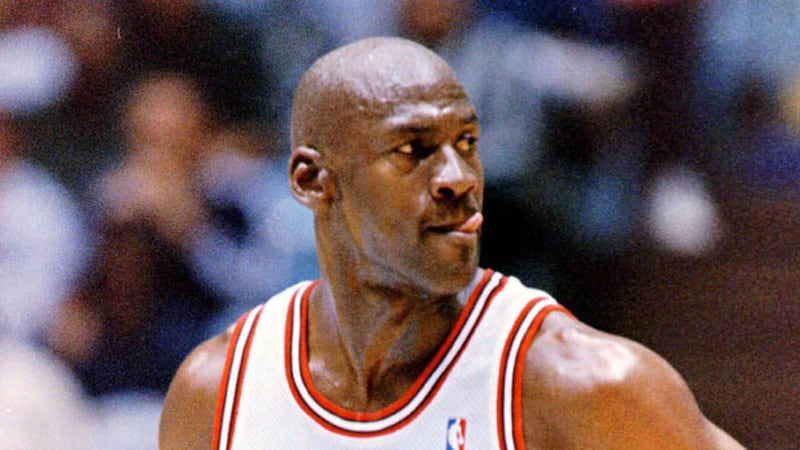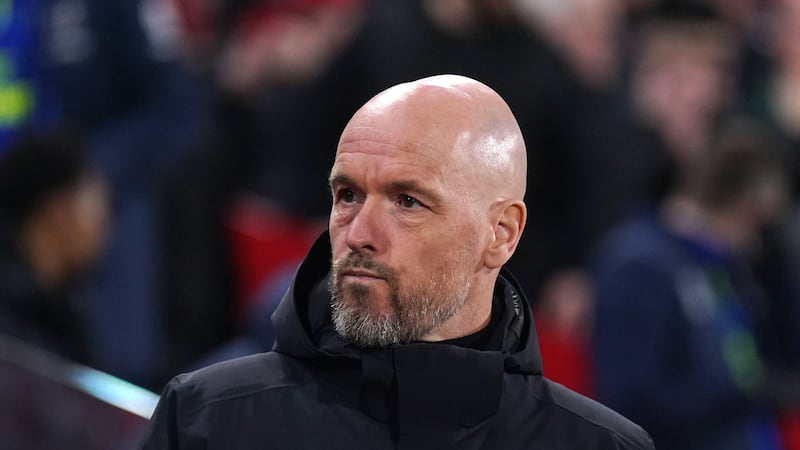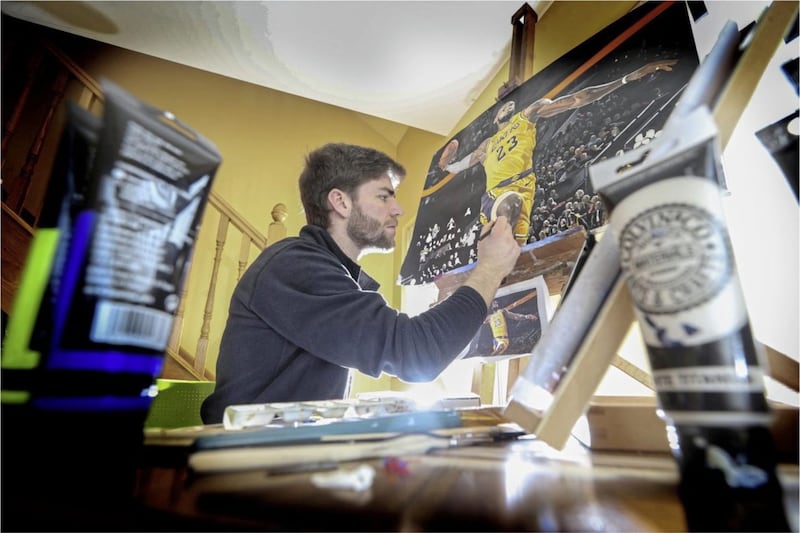Since the final episodes of The Last Dance aired last week, some people have hailed it as ‘the best sports documentary ever’.
This is irritating, offensive and just plain wrong.
Firstly, it’s wrong because the best sports documentary ever made is ‘When We Were Kings,’ the Oscar-award winning film about The Rumble in the Jungle.
There’s a second reason why The Last Dance isn’t the best sports documentary ever made.
This is an even better reason. It’s not a documentary. It’s a vanity project.
Michael Jordan’s final fling with the Chicago Bulls provides the backbone of each episode.
The footage from the 97/98 season was shot by a NBA Entertainment film crew and it gathered dust for nearly two decades waiting for Jordan to give it the green light.
The Last Dance was made in partnership with Jump 23, Jordan’s production company.
Ken Burns, the legendary producer of documentaries like The Vietnam War said he would “never, never, never, never” agree to produce a film in which the subject had influence over the content.
Burns told The Wall Street Journal: “That’s not the way you do good journalism and it’s certainly not the way you do good history.”
Horace Grant, Jordan’s former team-mate, was less diplomatic. Grant said in an interview with ESPN: “I would say it’s entertaining, but we know, the people who were there as his team-mates, that about 90% of it was BS in terms of the realness of it.”
In an interesting comparison, Lance Armstrong does not like the two-part documentary made about him after he granted eight interviews to film-maker, Marina Zenovich. He didn’t attend the premiere of Lance at the Sundance Film Festival and played no part in the promotion of the documentary.
Make no mistake, The Last Dance is thoroughly engrossing.
But without the background information that Jordan is being allowed to paint his own flattering self-portrait, the overriding impression is that he alone is the overriding reason why the Bulls enjoyed such success.
Maybe this is actually true. It is certainly the conclusion which Jordan wants us to reach.
But there is a slight problem with that script.
Yes, it’s a story, but it’s not the full story. A major failing is that Jordan’s talents and achievements are magnified while the contributions of others tend to be diminished.
Take Phil Jackson, the head coach, largely presented as the Zen loving, calming influence in the changing room.
No mention is made of the fact that Jackson won another five titles with the LA Lakers and that he is the most successful coach in the history of the NBA.
Steve Kerr is another example. Kerr is cast as a journeyman pro. When Jordan makes the call for Kerr to take the last shot in a crucial play-off match, it’s almost portrayed as an act of charity by the great man.
The viewer is not told that Kerr is one of the most successful three-point shooters in the history of the NBA. Until 2010, he held the NBA record for the highest three-point percentage in a season.
If Jordan was truly a one-man show then he would have prospered at the Washington Wizards where he won diddlysquat. But there was no mention of that.
As a sports journalist, I encountered a few Michael Jordan personality types in the GAA.
These men all share certain similarities. They are incredibly driven, focused and hard-working.
That’s what powers them to success.
They are also selfish, egotistical, control freaks.
This also powers them to success.
However, the personality traits that yield fame and glory in the sports arena don’t transfer as readily into everyday life.
It’s fair to say these men often struggle with relationships. (When they attempt management, they never enjoy anywhere near the same success).
Jordan’s best friend, George Koehler, is also his personal assistant.
It’s no coincidence that Michael’s friends tend to be linked to him financially.
Friends or servants? It’s hard to tell.
Tellingly, there were no interviews with his ex-wife, Juanita Vanoy.
It clearly upsets Jordan when he learns that many of his former team-mates were not very fond of him.
He wasn’t a nice person to be around. They expressed no warmth towards him.
Jordan tries to justify his behaviour of berating and belittling team-mates. He claims it was because he was trying to turn them into winners. ”When people see this they will think: ‘Well, he wasn’t really a nice guy. He may have been a tyrant.’ No. That’s you. You never won anything.’
This is another flaw. The director repeatedly set up discussion points for Jordan to slam dunk. He is always given the last word.
Obvious counter-arguments are never made. For example, Jordan could also have been asked why did he try to undermine men who were already proven winners?
When Hall of Famer and nine-time All-Star, Robert Parish joined the Bulls, he had won four NBA rings with the Boston Celtics.
In one of his first practices, Parish messed up a play and found Jordan trash-talking at him just inches from his face.
“I told him, ‘I’m not as enamoured with you as these other guys, I’ve got some rings too,’” Parish said.
“At that point he told me, ‘I’m going to kick your ass.’ I took one step closer and said, ‘No, you really aren’t.’ After that, he didn’t bother me.”
We never got to hear anecdotes like this – because the owner of the Jump23 production company only wanted us to hear one story – his story
The Last Dance. Hmm.
A more fitting title would have been: The Last Dance According To Michael Jordan.





